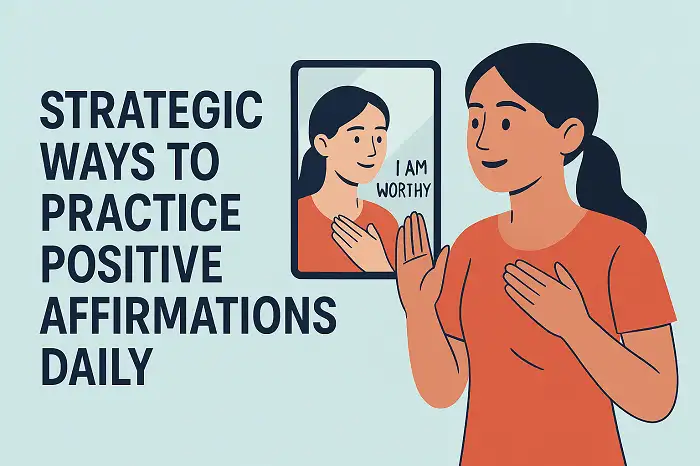IELTS Speaking Practice on Habits IELTS Speaking Practice on Habits Key Words: habits, habit formation, tendency, addiction, obsession, etc. Questions about habit formation How many days do you need to change your habits? What type of challenges are more likely to stick while trying to change your habits? What should you do to reinforce your positive and constructive habits? Related Techniques to update your habits The beginning of a habit is like an invisible thread, but every time we repeat the act we strengthen the stand, add to it another filament, until it becomes a great cable and binds us ...
Home » Speaking Practice in English » Habits – IELTS Speaking Practice

Habits – IELTS Speaking Practice
Updated: by Dr. Mohammad Hossein Hariri Asl
Time to Read: 4 minutes | 455 Views | 27 Comments on Habits – IELTS Speaking Practice
Share This Post
About the Author
Dr. Mohammad Hossein Hariri Asl is an English and Persian instructor, educator, researcher, inventor, published author, blogger, SEO expert, website developer, entrepreneur, and the creator of LELB Society. He's got a PhD in TEFL (Teaching English as a Foreign Language).
Number of Posts: 4243



11. From where do we take habits? or maybe do we grow them ourselves?
Such a psychologically deep question, thank you.
10. what are good habits?
Your question is not specific enough. What do you mean by that?
i mean we always thinking about how to stop a bad habit but sometimes some habits are good and necessary for surviving
That’s right. On this condition, we need to reinforce the positive habit and loosen our negative or destructive habits.
In so doing, we can build up and reform our personality.
9. habits can totally destroy any relationships?either it is good or bad habits as well?
Your question is not easily understandable. At least, I couldn’t understand it.
Please explain more about it.
8. Are we be born with our bad habits? Or do we acquire them from the environment surrounding us?
Are we born …
Good question, thank you. 🙂
7. why is it so difficult to develop a new habit?
7. Why should be capitalized.
6. Do we notice how many bad habits that we do every day?
Thank you. It’s a good question.
5. Which is the more important in speaking, the intonations and accents or meaning of statements
This question is NOT relevant to our topic (Habits). You need to change this question; otherwise, it will not be included in our conversation.
Also you need to put a number before your question. Your question is Number 5.
4. Do you agree with this proverb that “old habits die hard”?
3. What’s the meaning of this idiom “have a sweet tooth”?
someone who love sweet or eat sweet a lot
Exactly! Thank you.
2. How can you refine your personality by focusing on your habits?
1. How long does it take to replace bad habits with good ones?
30 days
It’s according to the video. What about your own idea?
If u are asking me personally, it is nt ganna happen at least nt to me. If i hava a habit of doing things regardless of bad or good there is no way that time can change them.so selfish right?! 😛
In response to your comment, we have an English idiom that says: A leopard cannot change its spots. However, I don’t think so. I guess you can change yourself the way you really like. It’s just the matter of time and persistence.